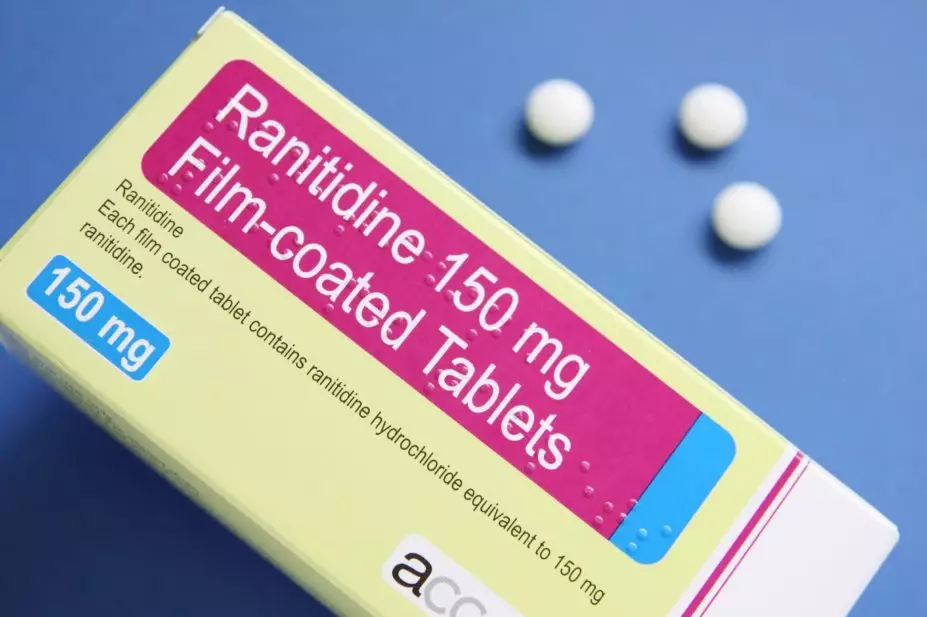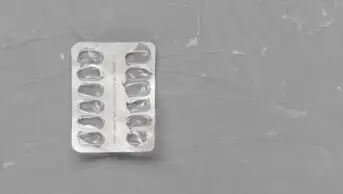
Alamy
The suspension of ranitidine stocks, owing to ongoing regulatory investigations into the presence of the contaminant N-Nitrosodimethylamine (NDMA), could be putting some patients at risk, gastroenterology pharmacists have warned.
On 31 March 2021, the Pharmaceutical Services Negotiating Committee updated its notification on ranitidine to highlight that all preparations of the drug, including tablets, effervescent tablets, oral solutions and injections, were “out of stock until further notice”.
Ranitidine is prescribed to reduce stomach acid in patients with conditions such as heartburn and stomach ulcers.
At the end of 2020, the European Medicines Agency (EMA) recommended that all ranitidine medicines in the European Union should be suspended owing to the presence of low levels of the NDMA impurity.
However, pharmacists have reported supply issues with the recommended alternatives.
Mikin Patel, lead pharmacist in gastroenterology at Imperial College Healthcare NHS Trust, said that his department “often” experiences supply issues with famotidine and nizatidine.
“The other thing is that there is a considerable price difference, so it has had a massive impact on our budget for this cohort of patients,” he added.
“In some cases, we have managed to appropriately stop acid suppressants where needed, so [there have been] some benefits.
“But, overall, [it is] more of a risk than benefit, as patients who cannot have a PPI [proton pump inhibitor] for reasons such as AKI [acute kidney injury], hyponatraemia, etc., cannot sometimes get the alternative H2RA [H2 receptor antagonist] in time.”
According to an update to a medicine supply notification issued by the Department of Health and Social Care (DHSC) on 18 March 2021, some supplies of famotidine are anticipated to be out of stock until May 2021 and June 2021, while the future availability of nizatidine (150mg and 300mg) from some suppliers is still “to be confirmed”.
The update highlights that, currently, famotidine 20mg and 40mg are only available from Tilomed, and nizatidine 150mg and 300mg are only available from Relonchem. All other suppliers are stated to be currently out of stock.
In the case of insufficient supplies, the advice from the DHSC is that clinicians should consider reviewing patients to establish whether ongoing treatment is still required, or could be stepped down to an antacid or alginate; or where this is not appropriate, switching to an alternative oral medicine or prescribing an unlicensed import in the case that a patient requires a particular H2 antagonist.
“Prescribers should work with local pharmacy teams to ensure orders are placed within appropriate time frames as lead times may vary,” the notification advised.
Anja St. Clair Jones, a consultant pharmacist in gastroenterology at Brighton and Sussex University Hospitals NHS Trust, said the situation created by the suspension of ranitidine had been “really difficult”.
“Many patients were changed to PPIs, which are sometimes not as effective,” she said.
“We initially had to restrict the famotidine, as the only available H2 antagonist to cancer patients and other high-risk patients; we had some nizatidine hanging around, but not much.”
However, she said that there was now enough supply of famotidine coming through and, although some patients had felt the impact, overall there did not seem to be a longer-term effect on outcomes.
NDMA is classified as a probable human carcinogen, although available safety data does not show that ranitidine increases the risk of cancer, and any possible risk is likely to be low. However, according to the EMA, NDMA had been found in several ranitidine medicines “above levels considered acceptable”, and there are “unresolved questions” about the source of the impurity.
1 comment
You must be logged in to post a comment.



‘….NDMA is classified as a probable human carcinogen, although available safety data does not show that ranitidine increases the risk of cancer, and any possible risk is likely to be low. However, according to the EMA, NDMA had been found in several ranitidine medicines “above levels considered acceptable”, and there are “unresolved questions” about the source of the impurity…’ How long will this take it’s been two years ?